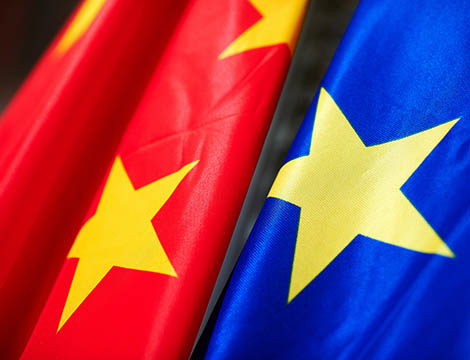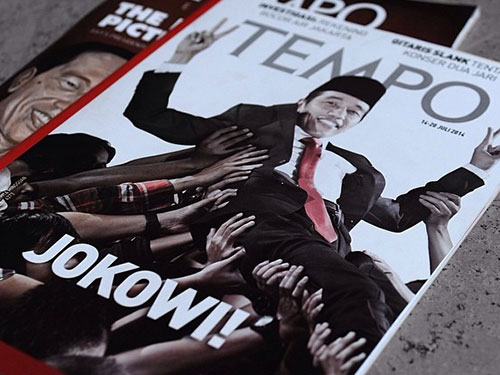
This article was originally published by the Elcano Royal Institute on 7 June 2017.
Theme
What are the implications of the Trump Administration’s security and trade policies on relations between China and Europe?
Summary
For the time being, Donald Trump’s decisions on defence and trade have not been so significant as to trigger a realignment of relations between the US, China and the EU. However, his term in office throws up opportunities for the strengthening of relations between the EU and China, especially if Europe decides to intensify its Common Security and Defence Policy and Beijing decides to take its process of economic reforms further and attain a greater level of reciprocity with Europe in terms of its trade and financial regulations.




